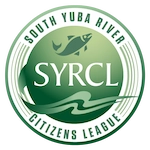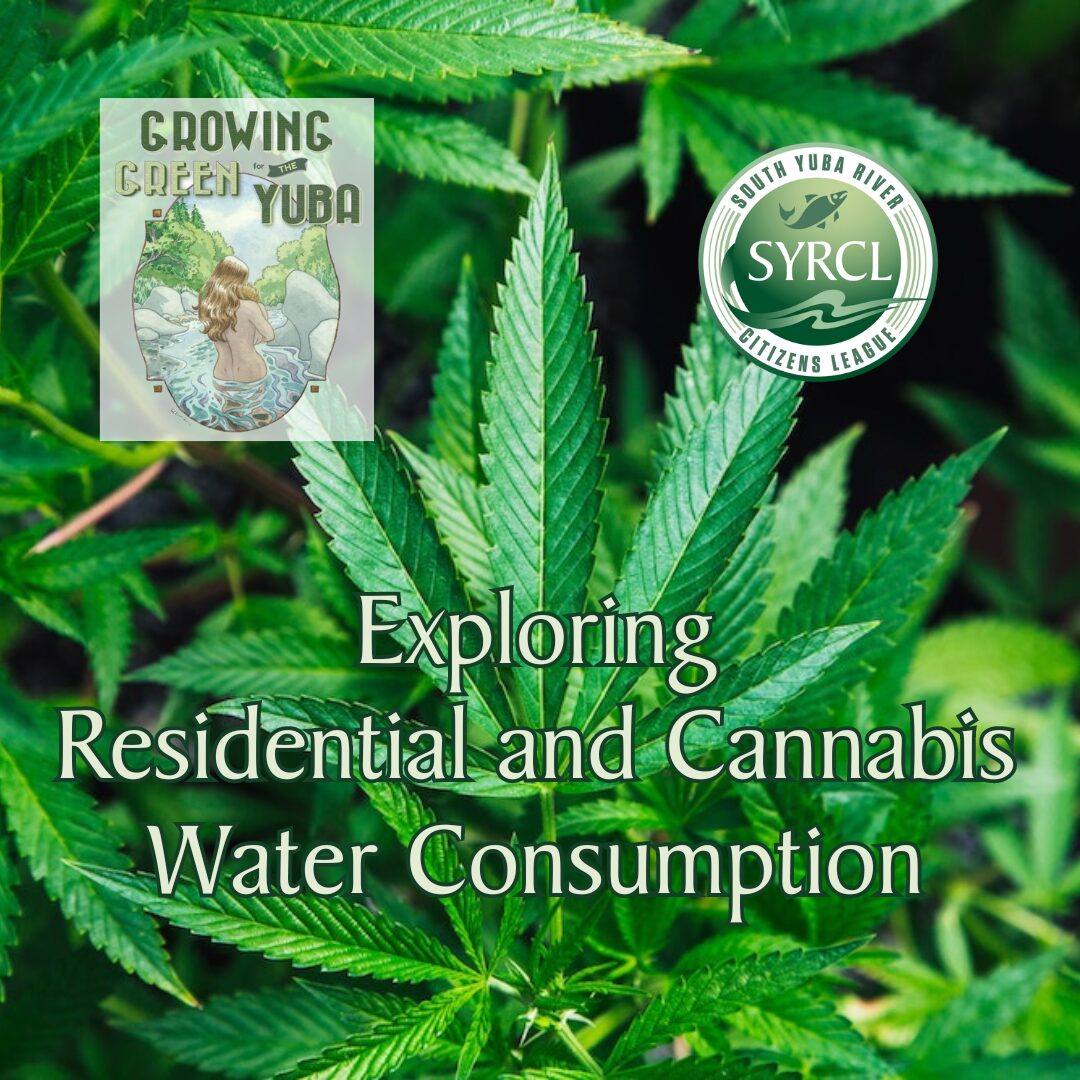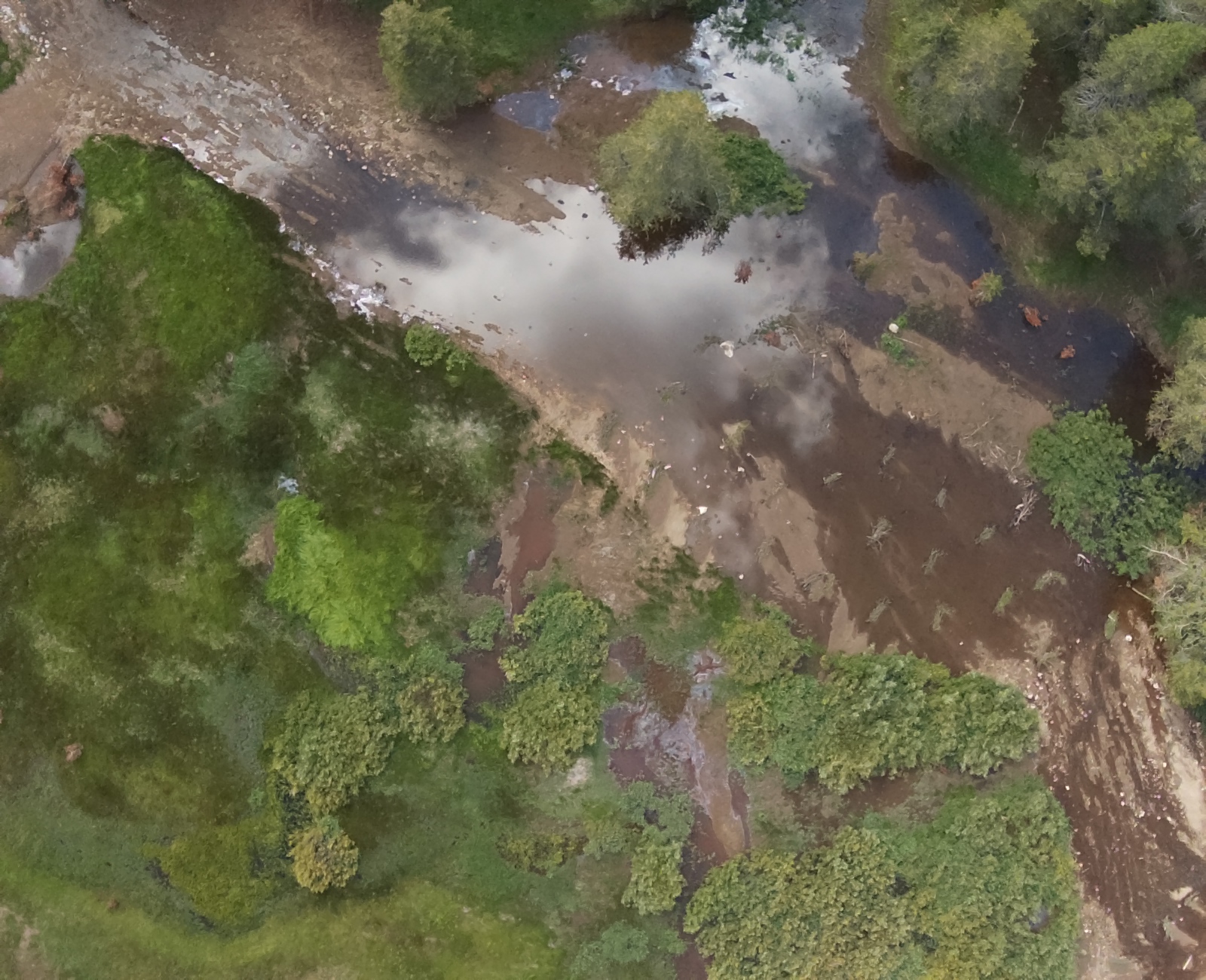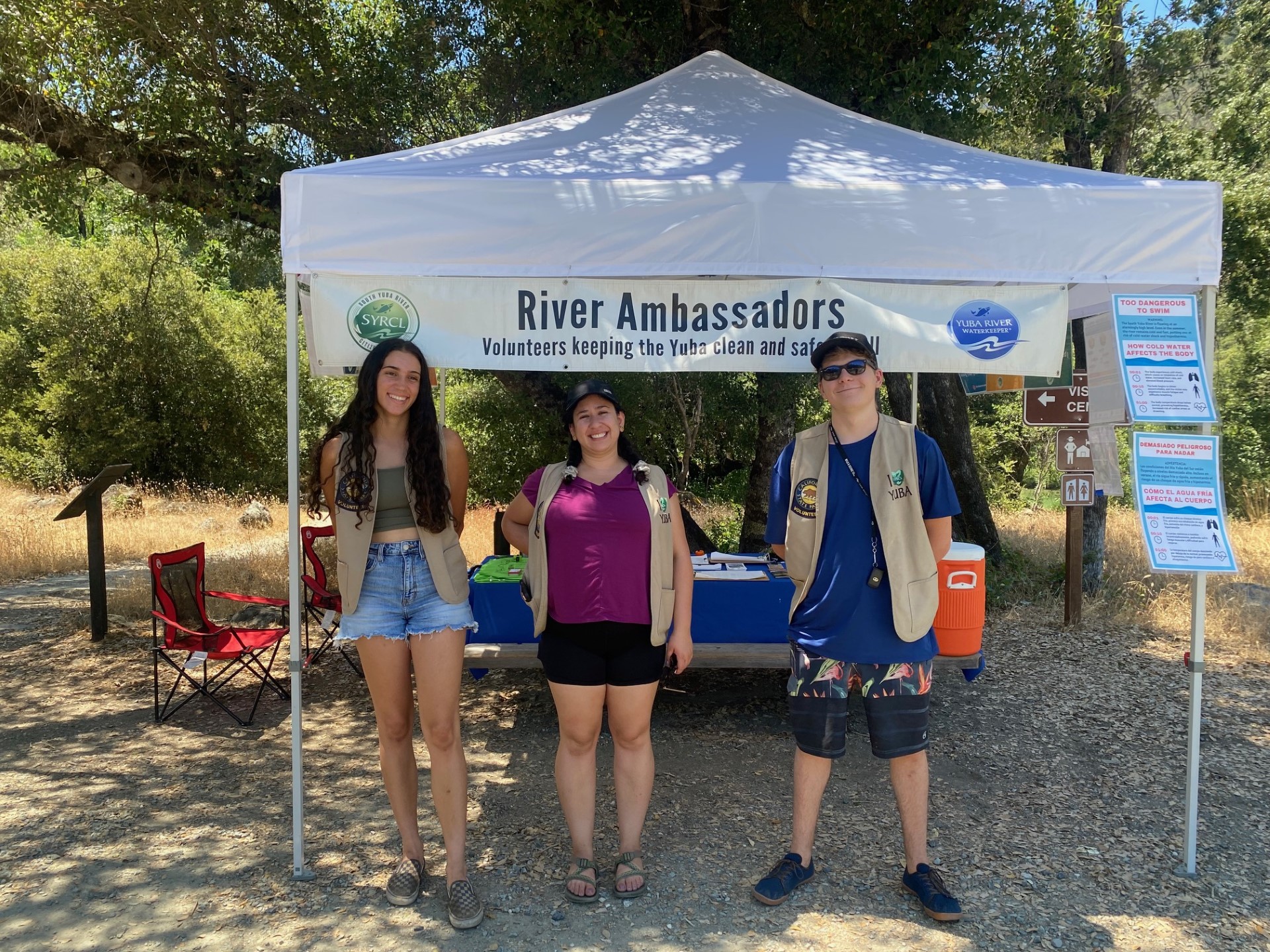Water Use in Agriculture: Exploring Residential and Cannabis Water Consumption
As we navigate California’s water usage landscape, it’s essential to understand how different sectors contribute to our overall demand for water. A recent study by the Berkeley Cannabis Research Center conducted across 91 Humboldt and Mendocino County watersheds brought to light interesting findings regarding residential water use and licensed cannabis cultivation. The study was released in February 2024.
As part of the study, researchers examined water consumption patterns in both residential areas and licensed cannabis farms. Here’s what they discovered:
- Residential water demand: Residential water use exceeded that of licensed cannabis cultivation in nearly 97% of the sampled watersheds.
- Licensed Cannabis Farms: Contrary to popular belief, licensed cannabis farms require significantly less water than residential households. On average, the farms in the study used only one-tenth of the water consumed by homes. This finding challenges preconceptions about cannabis cultivation’s environmental impact.
Context Matters: Other Agricultural Demands
While cannabis and residential water use are important pieces of the water puzzle, the broader agricultural landscape must be considered. Water demands for other forms of agriculture in the region from a different 2020 study exceed those of both cannabis and residential use. From vineyards to orchards, various crops relied more heavily on irrigation than licensed cannabis. Those study numbers showed that while cannabis water use is comparable to other crops per acre, its overall impact on agricultural water use is minimal dues to its small crop area. These findings challenge preconceived ideas that cannabis uses more water and, therefore, has a larger environmental footprint than other forms of agriculture.
The findings also underscore the importance of encouraging farmers to obtain licenses, which can help implement best practices and regulate and manage water usage effectively.
SYRCL’s Growing Green program strives to balance cannabis cultivation with ecological objectives, emphasizing water quality, habitat preservation, and responsible practices. By advocating for watershed-friendly cannabis cultivation, we can contribute to a healthier Yuba River ecosystem and promote sustainable agriculture in Nevada County.
For more information visit:
Did you enjoy this post?
Get new SYRCL articles delivered to your inbox by subscribing to our ENews.




